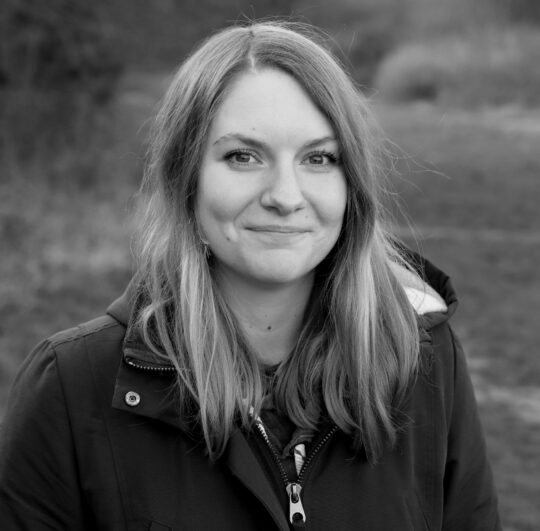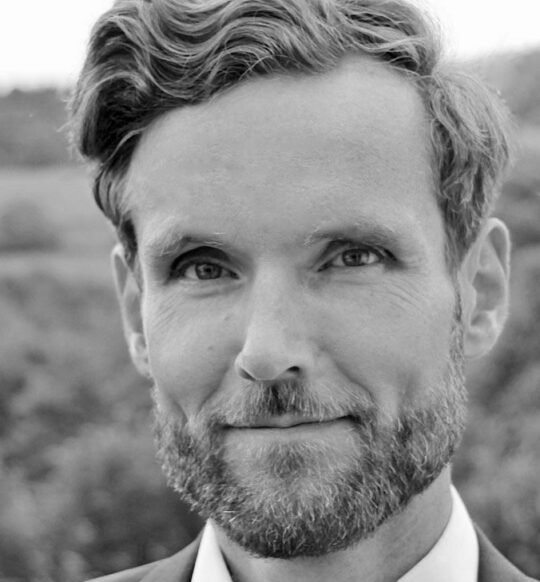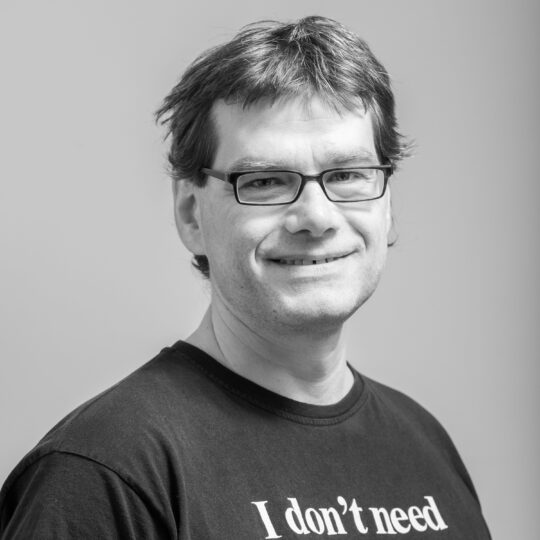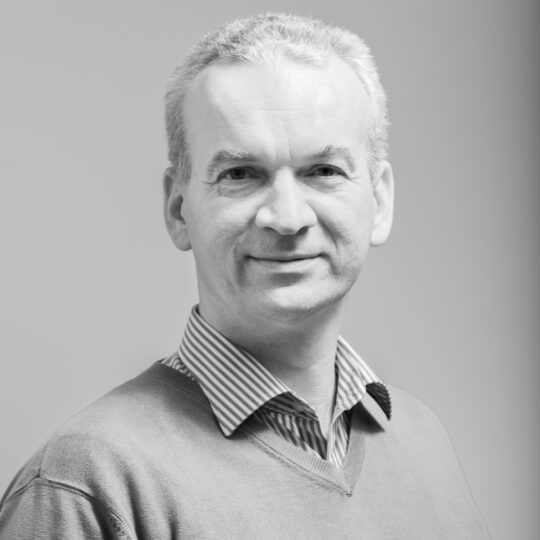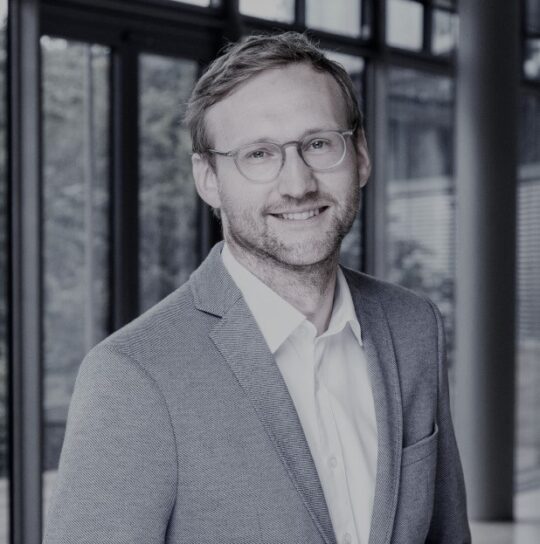Dr. Katarina Boland has been a research assistant at the Chairs of Computer Networks and Data & Knowledge Engineering at the Institute of Computer Science at HHU-Düsseldorf since July 2023. She studied computational linguistics with minors in psychology and computer science at the Ruprecht-Karls University of Heidelberg and initially worked as a research assistant at the GESIS – Leibniz Institute for the Social Sciences in Cologne. In June 2023 she received her doctorate in computer science at HHU. Her research focuses on natural language processing and the development of AI-based methods for social science use cases.
She is currently involved in the interdisciplinary projects “AI for All” and “NewOrder – Understanding the erosion of the traditional knowledge order in scientific online discourse and its impact in times of crisis”.



